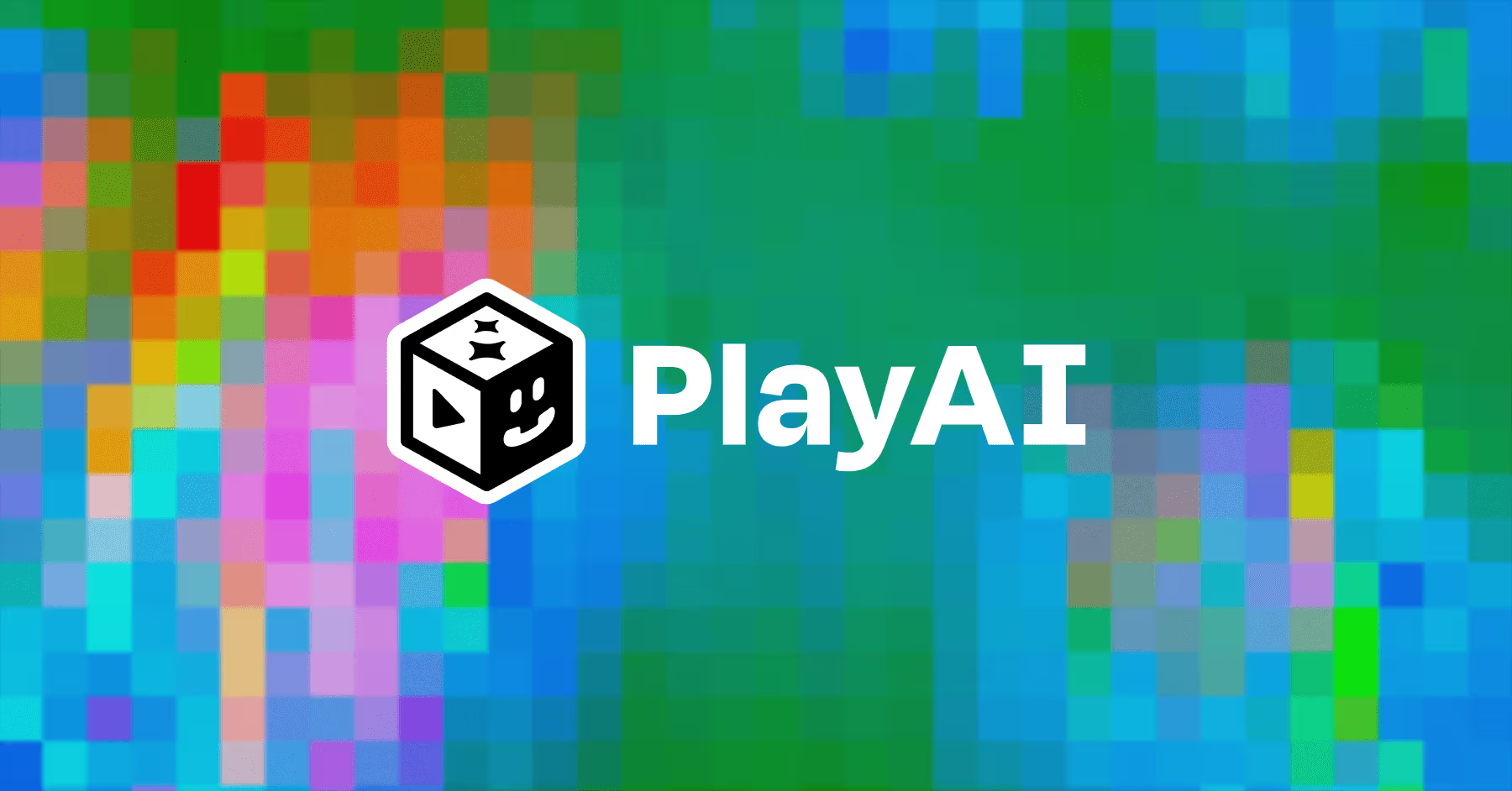
At PlayAI, we envision a future where every voice is not just heard but truly understood, breaking language and cultural barriers through lifelike, expressive speech technology. Our mission is to democratize Conversational Voice AI to empower seamless human-computer interactions that resonate with authenticity and emotional nuance.
We are building a world where ideas find their genuine voice, leveraging advanced generative AI to create immersive audio experiences that connect people broadly across industries and communities. Our innovative platform integrates ultra-realistic text-to-speech, dynamic voice cloning, and interactive AI voice agents to redefine how communication evolves in digital spaces.
Driven by a commitment to accessibility and cutting-edge technology, PlayAI is crafting scalable and natural voice solutions that transform education, entertainment, and enterprise interactions—shaping the future of how we engage with machines and with one another.
Our Review
We've been tracking PlayAI (formerly Play.ht) since they were just a simple Chrome extension, and watching their evolution has been nothing short of remarkable. What started as a tool to turn blog posts into audio has become one of the most sophisticated voice AI platforms we've tested—so impressive that Meta swooped in and acquired the entire team in July 2025.
The Voice Quality That Caught Our Attention
Let's cut to the chase: PlayAI's text-to-speech is scary good. We've tested dozens of TTS platforms, and most still sound like robots reading grocery lists. But PlayAI? Their voices actually pause, breathe, and inflect like real humans.
The voice cloning feature particularly blew us away. With just 2-3 hours of sample audio, we watched them recreate voices with uncanny accuracy. It's the kind of technology that makes you question whether you're listening to AI or the real person.
Beyond Just Reading Text
What sets PlayAI apart isn't just voice quality—it's their pivot into interactive AI agents. While competitors focus on generating audio files, PlayAI built conversational voice assistants that can actually handle customer calls, book appointments, and process transactions in real-time.
Major brands like Walgreens and Salesforce are already using these agents, which tells us they've cracked the enterprise code. The fact that these voice agents work seamlessly across web, phone, and mobile apps shows serious technical chops.
Why Meta Made the Move
The acquisition makes perfect sense when you consider Meta's AI ambitions. PlayAI's technology slots perfectly into Meta's ecosystem—imagine Instagram Reels with custom voice narration, or WhatsApp calls powered by AI translation in natural-sounding voices.
The timing wasn't coincidental either. PlayAI's revenue jumped 450% in 2023, and their remote-first team of 35 engineers represents exactly the kind of focused, high-performing AI talent Meta needs for its next phase of growth.
Who Should Pay Attention
If you're a content creator tired of robotic voiceovers, PlayAI's 800+ voices across 140+ languages offer incredible creative possibilities. Educators will love the accessibility features, and developers can tap into their API for custom integrations.
But here's the thing—with the Meta acquisition, we're curious how this affects independent access to the platform. The technology is undeniably impressive, but its future direction now depends on Meta's broader AI strategy rather than PlayAI's original mission to make voice AI accessible to everyone.
Feature
Ultra-realistic Text-to-Speech in 140+ languages and 800+ voices
Voice Cloning with high fidelity from 2–3 hours of speech
AI Voice Agents for 24/7 conversational business automation
API access for integration with third-party platforms
Customizable voice parameters such as pronunciation, pacing, and emotional tone








